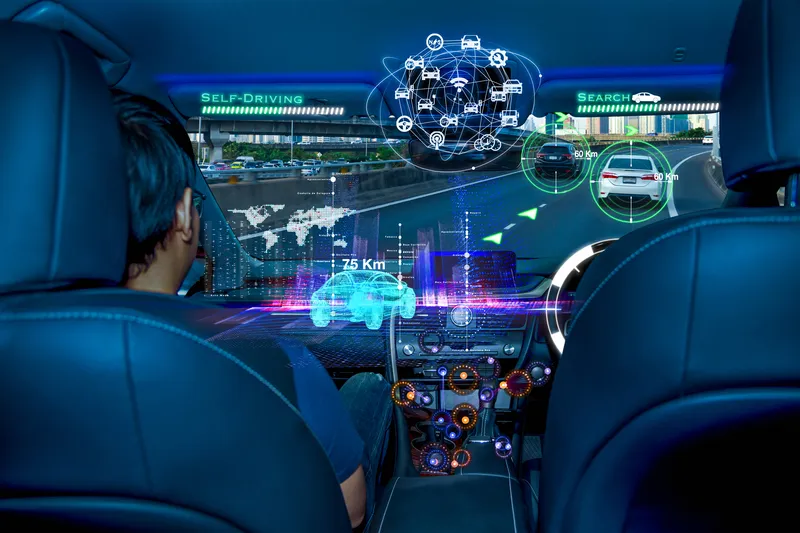
BlackBerry has invested in connected vehicle data provider CerebrumX Lab.
CerebrumX says the money "will help it ramp up the delivery of new data-driven, in-vehicle products and services" for carmakers.
The company has an AI-based augmented deep learning platform (ADLP) that it says has been deployed on more than 45 million trips and captured more than 100 million miles of data.
With the new funding and by integrating with BlackBerry's cloud-connected, automotive AI platform - Ivy - CerebrumX will develop embedded in-car synthetic sensors to collect consented data and perform data processing at the edge.
This will allow fleets to monitor operations in real time while reducing total cost of ownership, as well as giving insurance providers the chance to offer personalised insurance plans based on active driver behaviour analysis.
Smart mobility solution providers will also be able to "offer optimised services based on individual vehicle data".
As part of the investment, Vito Giallorenzo, general manager of Ivy and head of corporate development at BlackBerry, will join CerebrumX’s advisory board.
“CerebrumX has built a powerful and impressive data management platform, capable of sifting through millions of connected vehicles to enable smarter, data-driven business decisions," Giallorenzo says.
Edge processing will avoid the need for "cumbersome and costly cloud computing resources", he adds.
CerebrumX is the fourth company that BlackBerry has invested in via its BlackBerry Ivy Innovation Fund.









